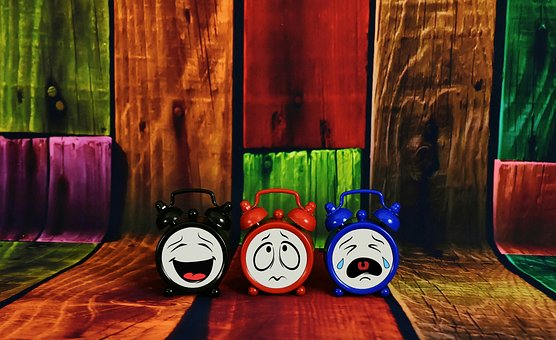
How to get a child to sleep is probably hardest to address when you are sleep deprived as well. Even at this point, each baby has its preferences. And they may not be able to verbalise them, but you get their point at 3 a.m. when they are crying and still not asleep. Here are some ways to get back on track fast and help your child sleep.
Feed and Change Before Bed Time-An empty stomach or a wet diaper before bedtime or anytime often contributes to fretting and crying. Making sure they are well fed and dry will work wonders towards helping them be able to sleep better and for longer periods of time.
Stick to a Routine-Establish eating and nap times and hold to them long enough to determine if they are producing a child who is happy when awake, and falls asleep without much fuss. If your baby seems to be having problems either when awake or when trying to fall asleep, offer meals or bottles at intervals that are closer together. The unhappiness may stem from being hungry, and since their tummies are so small, your child may need small portions more often to feel content and be able to rest better. Always keep a proper check on the child and monitor their sleeping patterns closely, so you know if there could be a potential problem.
Provide Stimulation during the Day-There are so many interactive toys, and books on the market today that it’s not hard to find colourful and engaging visuals, as well as sounds and music that will elicit your baby’s curiosity and interest.
There are also early childhood programs that you can expose your child to including Kindermusik and Musicgarten classes which accept infants as young as five months old. Having your child interact with other children their age is also a way to satisfy their social needs (yes even at this young age), and get them into a pattern of play and sleep.
You can try your child in a soft and easy on the skin baby hammock to see if any improvements are made in their sleeping duration. This works as sometimes the soft texture helps relax the child.
Keep Scheduled Wellness Appointments-Not being able to sleep on a regular basis can sometimes be an indication of a health problem that is not able to be easily recognised by you.
Making sure your paediatrician keeps a check on possible ear infections, allergy, asthma or other conditions that might be keeping your child awake will make it much easier to formulate a plan for play and sleep that work.
Use a HEPA Purifier to Filter the Air-If you painted your nursery, bought lots of new furniture, toys, and clothes in anticipation of your baby’s arrival, then you’re already good parents. But what your baby may not be able to tell you is that there are airborne pollutants in the air that are keeping him from being able to sleep well.
Paint fumes from the newly painted nursery, dust mites, pollen, and even household dust may be causing irritation and translating into a problem sleeping. Using a high-efficiency particulate arresting air purifier in the nursery will remove these airborne contaminants that your baby’s respiratory system is not yet mature enough to handle. And in addition to making your baby healthier, it also adds very soft white noise that will lull your baby to sleep.
